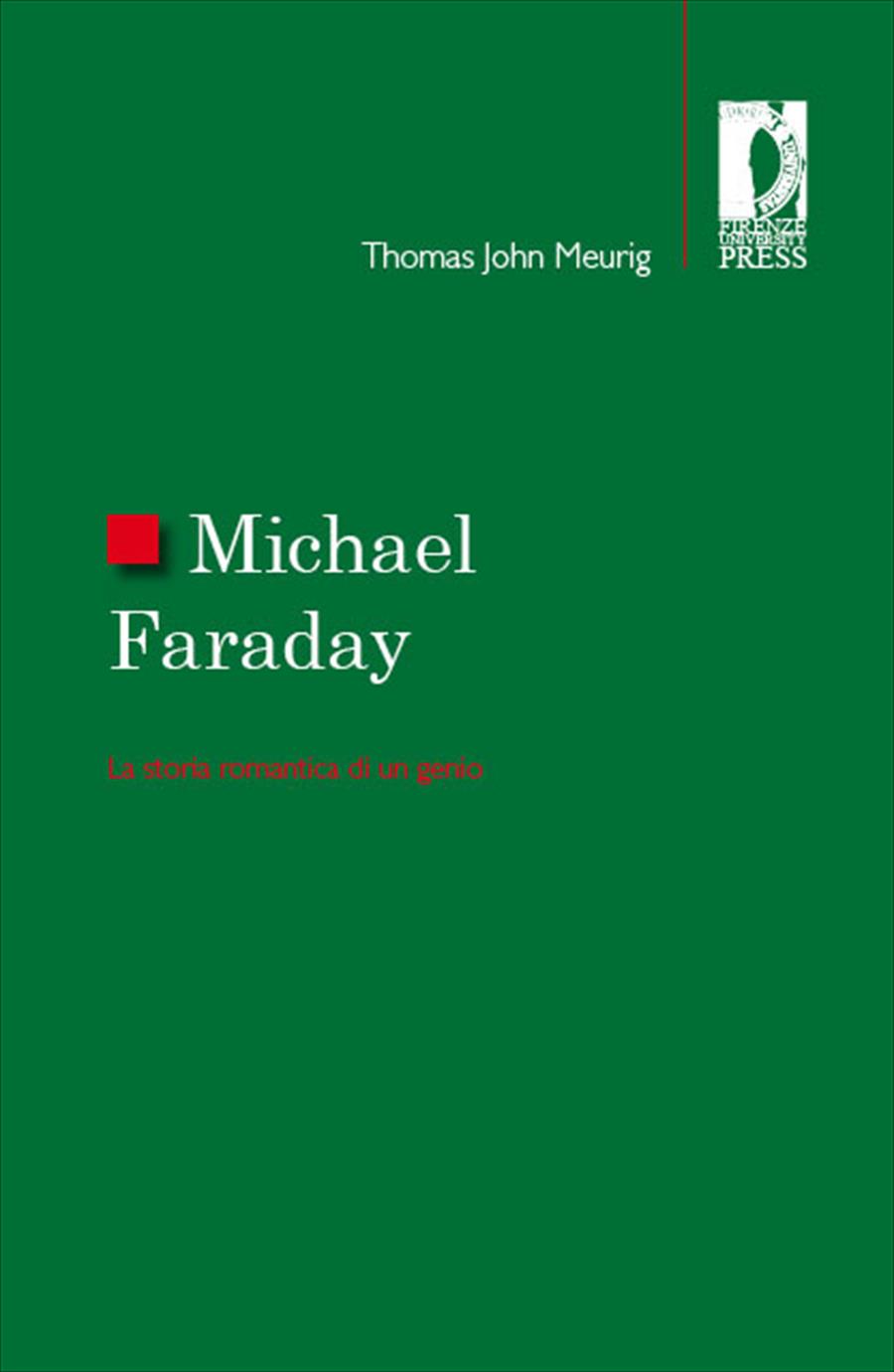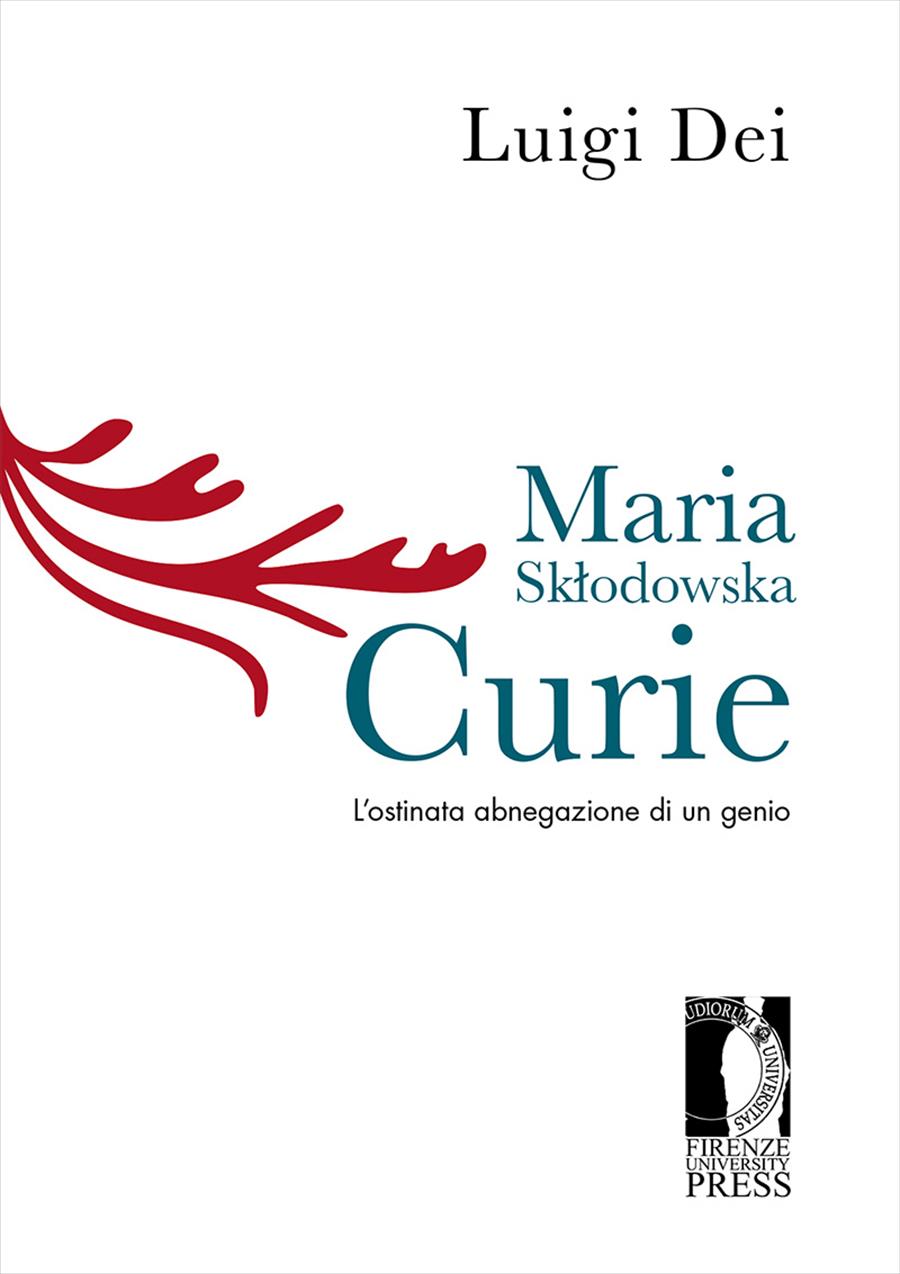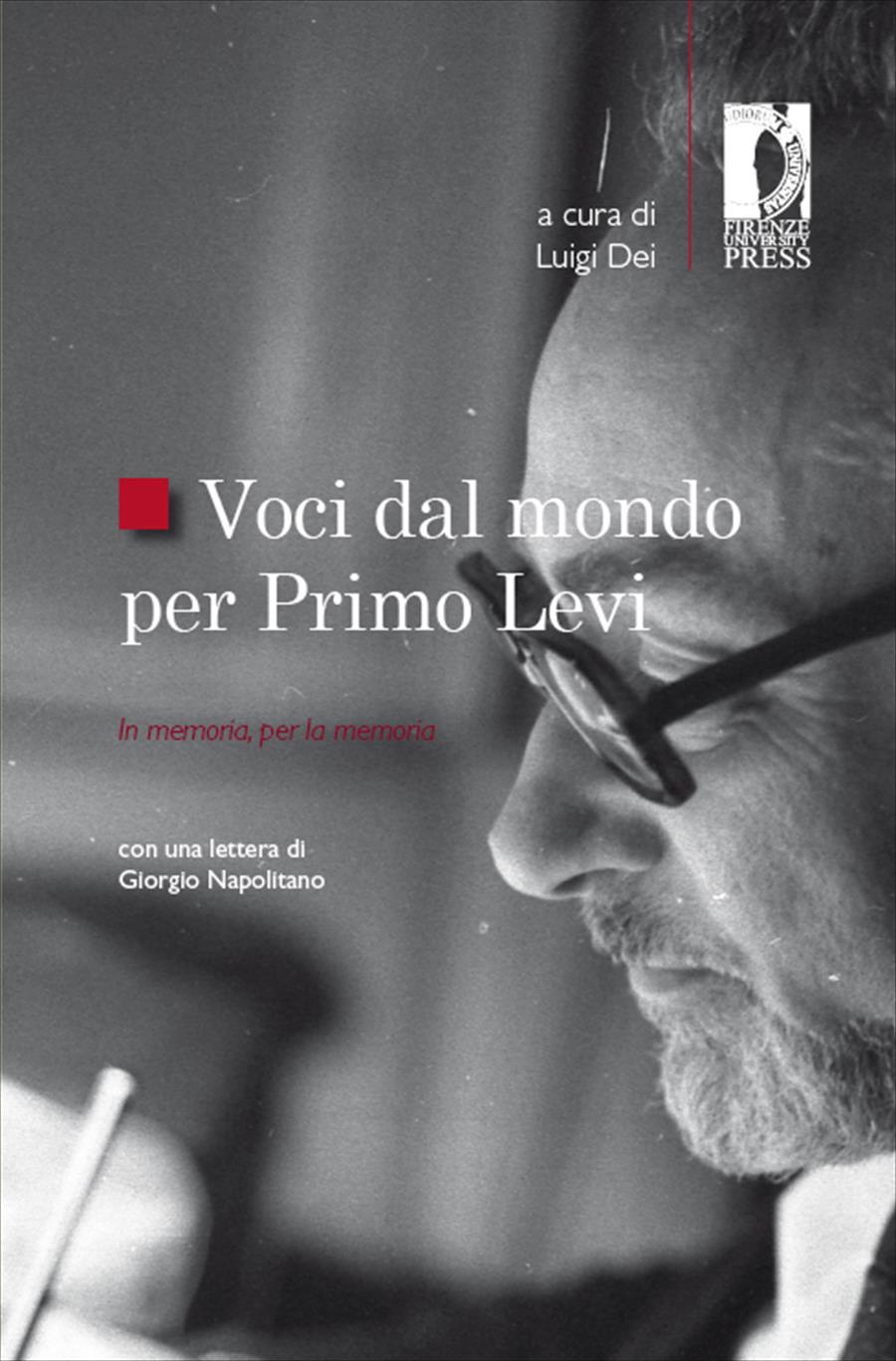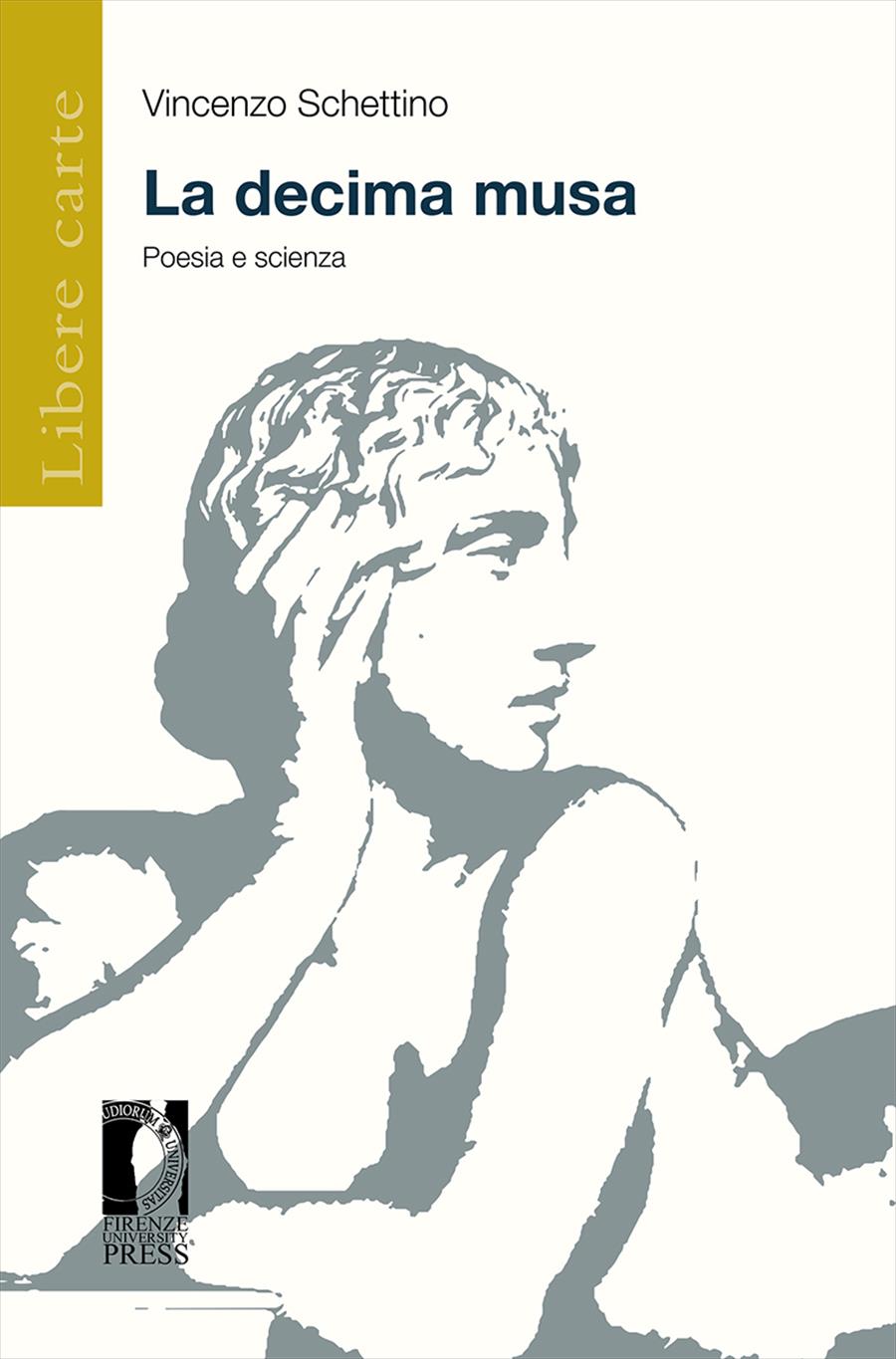



Altre news
The character, legacy and genius of Michael Faraday - Lecture by Sir Thomas Meurig
18/09/2017
Lord Rutherford said of Michael Faraday that he was one of the greatest experimenters ever; Albert Einstein believed that Faraday was responsible for the greatest change in the intellectual structure of physics since Newton. There is little doubt that Faraday bequeathed a greater corpus of useful knowledge than any other physical scientist. How did it come about that Faraday, a deeply religious man who left school at 13 to become an errand boy and then an apprentice to a bookbinder (a young man who never attended a high school or university and knew no mathematics), could reach such pinnacles? In terms that are intelligible to non-scientists and interested lay persons, the speaker will endeavour to answer the above and related questions. Sir John once occupied the chair in chemistry created for Michael Faraday at the Royal Institution of Great Britain, of which he was Director. Formerly he was Head of the Department of Physical Chemistry, University of Cambridge and Master of Peterhouse. He is now Honorary Professor at the Department of Materials Science and Metallurgy, Cambridge. The Cultural Programme is open to members of the British Institute of Florence. Membership options range from 24 hours to Life. For membership see here. The 2017 autumn season is made possible by a generous donation from Alessandra and Michael Griffiths through the Michael Griffiths Trust in memory of their son John (Aug 4, 1970 - April 4, 2015). (text and news by British Institute of Florence)
(image of University of Delaware)